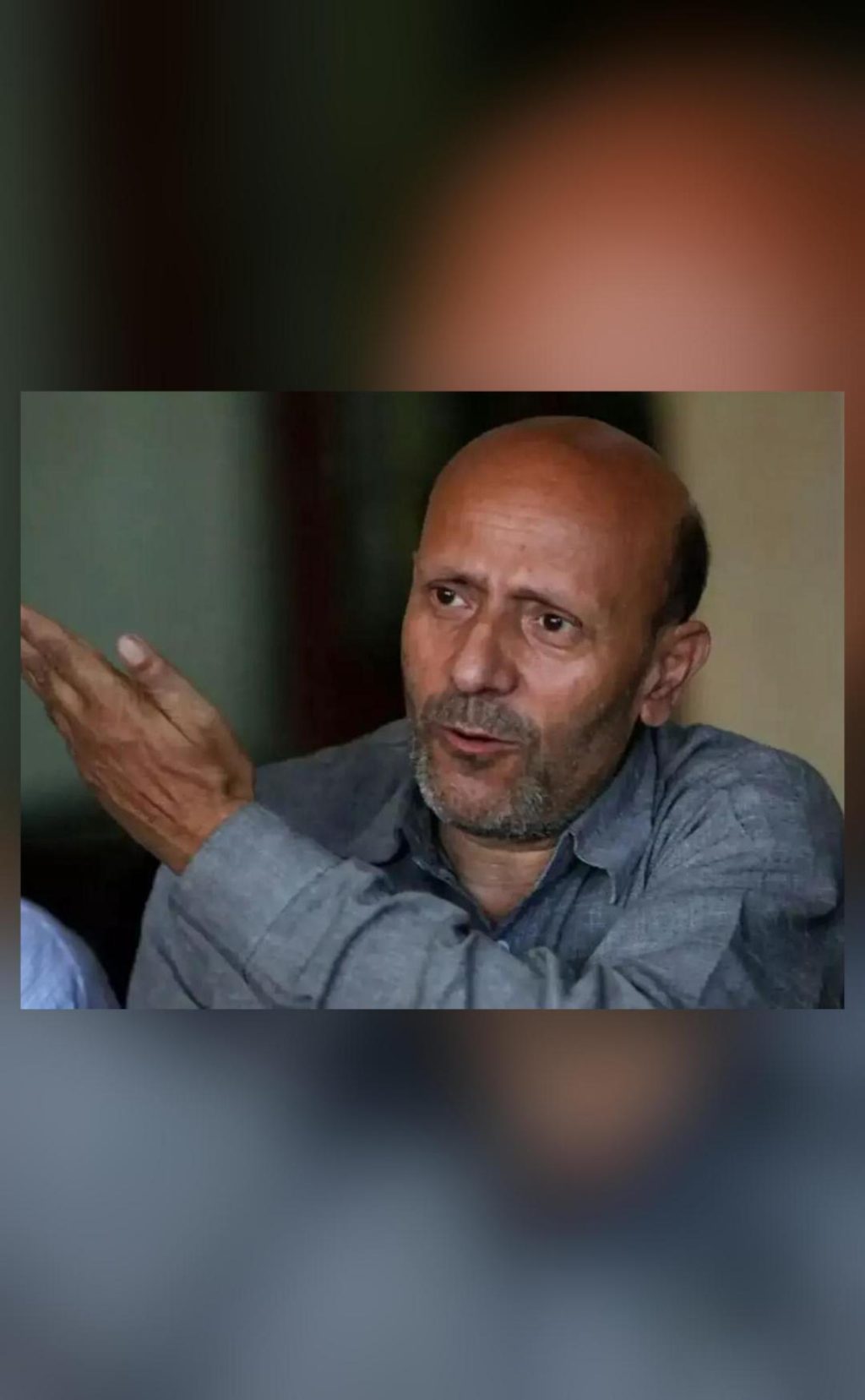
Jailed J&K MP Engineer Rashid gets parole to attend Parliament
In a significant development, the Delhi High Court has granted two-day custody parole to jailed Baramulla MP Engineer Rashid to attend the ongoing budget session of Parliament. The court’s decision came after Rashid, who is facing trial in a terror funding case, moved an application seeking permission to attend the session.
Engineer Rashid, the chairman of the Jammu and Kashmir Peoples Democratic Party (PDP), has been in Tihar Jail since 2017 after being arrested in a case related to alleged terror funding. Despite being behind bars, Rashid has continued to be an active politician and has been vocal about various issues related to Jammu and Kashmir.
The Delhi High Court’s decision to grant Rashid two-day custody parole is seen as a significant development, especially in the context of the ongoing budget session of Parliament. Rashid will be escorted by police during his parole and will be required to follow certain conditions, including a ban on using phones, the internet, and speaking to media or anyone else.
The court’s order was passed on a petition moved by Rashid’s counsel, seeking permission for him to attend the budget session. The petition was contested by the National Investigation Agency (NIA), which alleged that Rashid’s presence in Parliament could compromise the investigation into the terror funding case.
However, the Delhi High Court rejected the NIA’s objections and granted Rashid permission to attend the budget session. The court noted that Rashid is a member of Parliament and has the right to attend the session, subject to certain conditions.
The court’s decision has been welcomed by Rashid’s supporters, who see it as a victory for democracy and the rights of parliamentarians. “This is a huge relief for Engineer Rashid and his family,” said a close associate of the MP. “He has been fighting for his rights and has been denied even basic facilities in jail. This decision shows that the court is willing to listen to the plight of parliamentarians who are facing undue harassment.”
The decision has also been seen as a significant development in the context of the politics of Jammu and Kashmir. Rashid’s party, the PDP, has been a key player in the state’s politics and has been critical of the Centre’s policies towards Jammu and Kashmir.
Rashid’s presence in Parliament is likely to be a significant embarrassment for the Centre, which has been accused of stifling dissent and democracy in the state. The Centre has been accused of using various means to silence opposition voices, including by arresting and detaining politicians.
The decision to grant Rashid parole has also raised questions about the Centre’s treatment of opposition leaders in Jammu and Kashmir. Rashid’s arrest and detention have been seen as part of a larger campaign to silence opposition voices in the state.
The Centre has been accused of using various means to silence opposition voices, including by arresting and detaining politicians. Rashid’s case has been seen as a prime example of this, with many accusing the Centre of using trumped-up charges to silence him.
Rashid’s supporters have also accused the Centre of using the NIA to harass and intimidate opposition politicians. The NIA has been accused of being a tool of the Centre to silence opposition voices and to harass and intimidate politicians who are critical of the government.
The Centre has denied these allegations, but the decision to grant Rashid parole has raised questions about the Centre’s treatment of opposition leaders in Jammu and Kashmir. Rashid’s presence in Parliament is likely to be a significant embarrassment for the Centre, and will likely be seen as a victory for democracy and the rights of parliamentarians.
In conclusion, the Delhi High Court’s decision to grant Engineer Rashid two-day custody parole to attend the ongoing budget session of Parliament is a significant development in the context of the politics of Jammu and Kashmir. Rashid’s presence in Parliament is likely to be a significant embarrassment for the Centre, and will likely be seen as a victory for democracy and the rights of parliamentarians.






